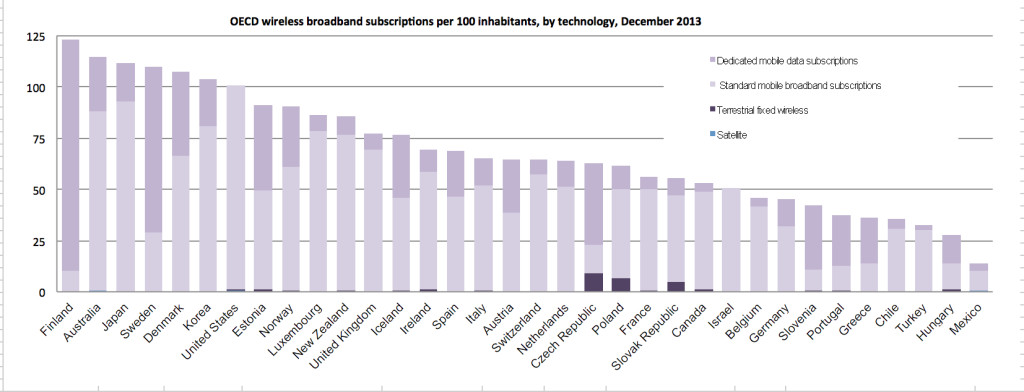On September 12, 2011, the Council of the European Union issued a 20-page press release that provided updates on the 3109th Council meeting. On page 13, there was single sentence on EU trade policy:
The Council authorised the Commission, on behalf of the EU, to open negotiations on investment with Canada, India, and Singapore within the framework of the ongoing bilateral negotiations with these countries on trade liberalisation.
The Canada – EU trade negotiations had started several years earlier and the late addition of investment did not attract significant attention at the time (the major focus was on the divide over intellectual property and procurement issues). Yet months after Canada and the EU announced that they had reached agreement on CETA, it is the investment provisions, particularly the investor-state dispute settlement (ISDS) rules, that could seemingly derail the entire agreement.













